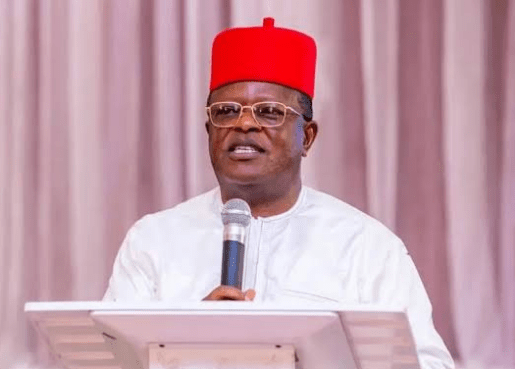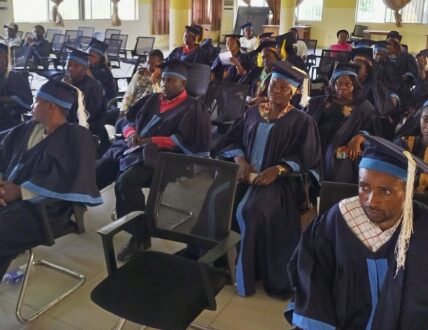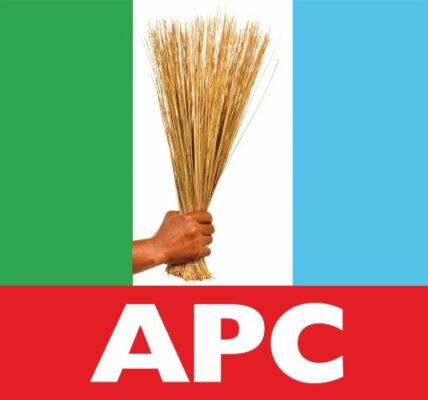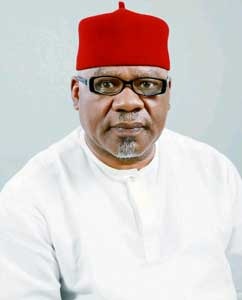Nigeria’s Road Infrastructure Quagmire: Umahi Reveals Amount Needed to Tackle Decay
This post has already been read 2322 times!
The Minister of Works, Dave Umahi, has painted a grim picture of Nigeria’s road infrastructure, revealing the amount needed to tackle roads infrastructure deficit in the country.
According to him, a staggering N18 trillion is required to address the country’s decaying roads. This amount far exceeds the annual provisions in the National Assembly Appropriation Bills.
Umahi made this declaration after appearing before the Senate Committee on Works to defend his ministry’s 2025 budget estimates.
He highlighted the enormous challenge facing the government, citing the 2,064 projects inherited by President Bola Tinubu in 2023, valued at N13 trillion. However, with the current market realities, the cost has escalated to approximately N18 trillion.
The Minister emphasized the need for borrowing to fix the roads, stating that “road infrastructure cannot be fixed by mere yearly budgets. It has to be given plenty of attention.” He also underscored the importance of road infrastructure in stimulating economic growth and eliminating hunger.
Chairman Senate Committee on Works, Mpigi Barinada, echoed Umahi’s sentiments, noting that Nigeria’s road infrastructure requires massive funding to be effectively addressed. He suggested exploring alternative funding sources to deliver projects to the people.
The World Bank has also acknowledged the significance of road infrastructure in Nigeria, approving $500 million in concessional financing for the Rural Access Agricultural Marketing Project- Scale Up (RAAMP-SU).
This project aims to improve sustainability in the rural road sector and benefit around 4 million rural residents.
In a related development, the Federal Roads Maintenance Agency (FERMA) recently unveiled ambitious plans to address the country’s road infrastructure challenges.
Managing Director/CEO, Engr. (Dr.) Chukwuemeka Agbasi, outlined the agency’s strategies, including major rehabilitation of strategically selected routes, maintenance of optimal levels of repair, and exploration of alternative funding sources.
As Nigeria grapples with its road infrastructure quagmire, it is clear that a multi-faceted approach is required.
With the government, international organizations, and stakeholders working together, there is hope for a better future for Nigeria’s roads and, by extension, its economy.







